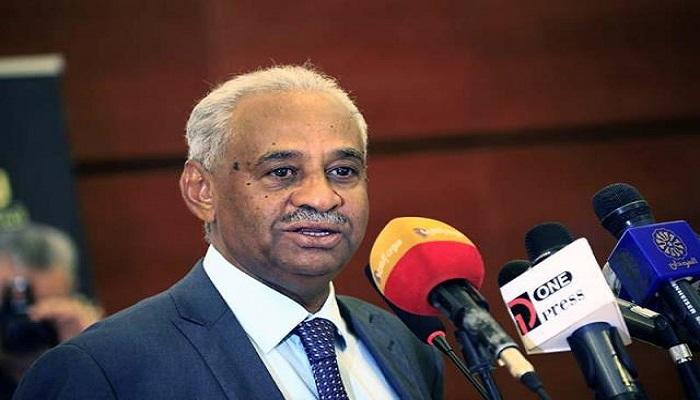How Trump’s foreign policy shift could impact Sudan
Faisal Mohamed Saleh
As soon as the results of the U.S. election were announced, with Donald Trump winning and Republicans gaining control of both the Senate and the House of Representatives, political analysts began to interpret and anticipate Trump’s foreign policy and its likely impact on different regions of the world. Although there is some uncertainty about his plans on the global stage, it is certain that his “America First” slogan will lead him to reassess the U.S. position and interactions with others, raising significant concern among both allies and adversaries.
Many American policy observers believe he will follow the established Republican approach, which emphasizes domestic affairs and seeks to limit Washington’s direct involvement in foreign conflicts. Instead, he is likely to encourage allies in various regions to take on a more substantial role in these conflicts. As expected, Trump also anticipated prioritizing U.S. economic interests in foreign relations over concerns about democratic transformation, human rights, and civil liberties.
Trump’s expected approach to various global issues and conflicts is causing concern among his Western allies in NATO, as well as other partners. He is expected to pressure his European allies to take on a more active role in international conflicts and to increase their military spending, thereby lessening the burden on the U.S. defence budget. His main priority will be to ensure stability in a way that supports U.S. economic growth, potentially working to end conflicts, but always with an American-centered perspective. For instance, he may seek a deal with Russian President Vladimir Putin to end the war in Ukraine, and he could pressure Israeli Prime Minister Benjamin Netanyahu to end conflicts in Gaza and Lebanon—though he does not seem inclined toward a two-state solution. Republicans are also known for relying less on the United Nations and the Security Council, favouring alliances outside the international framework, as seen during the Gulf War.
Regarding Sudan, it is unlikely to be a priority on Trump’s foreign policy agenda, given that other regions hold more importance and have a greater impact on the global economy. Sudan’s internal issues, such as the civil-military conflict over democratic transition and humanitarian conditions, are not expected to drive U.S. policy towards Sudan. Trump may view Sudan through the lens of growing Russian influence in the region from the Red Sea to the African coast, in tandem with his objective to counter Iranian influence and limit Chinese economic interests in Africa. Furthermore, his focus on “fighting terrorism” may be a guiding factor in his approach to Sudan, as well as encouraging regional countries to normalize relations with Israel.
Thus, the U.S. position on Sudan’s situation is likely to be delayed until the new foreign policy strategy is fully developed. It is unlikely that Trump will appoint a special envoy to Sudan, opting instead for a U.S. ambassador with broader powers. Additionally, the shift toward limiting U.S. involvement may lead to reduced humanitarian aid for those affected by Sudan’s conflict, with increased expectations for international and regional allies to assume a larger role and enhance their humanitarian support. There may also be efforts to return to the Jeddah platform after pressuring both sides and granting greater roles to Saudi Arabia and Egypt.
Currently, neither of the warring factions in Sudan has a strong relationship with Washington. There is unease about the army’s alliance with Islamic political groups and reluctance to support the Rapid Support Forces due to their unclear alliances and their record of abuses against civilians. However, the government has more to offer Washington than the Rapid Support Forces. Consequently, shifts in U.S. policy towards Sudan may lean in favour of the current government, easing the pressures imposed by the Democratic administration following the military coup of October 25, 2021. The government may not be required to adhere strictly to democratic transition commitments and human rights improvements as long as it distances itself from Russian and Iranian influence, continues with the normalization process with Israel, and moves away from alliances with Islamist groups to reassure regional allies—if General Burhan can accomplish this.

